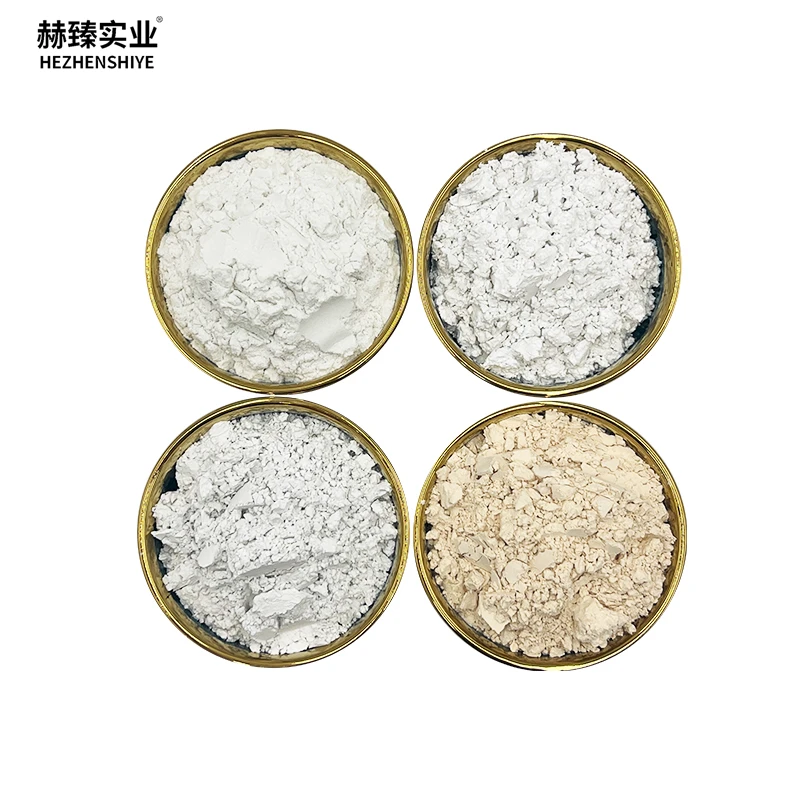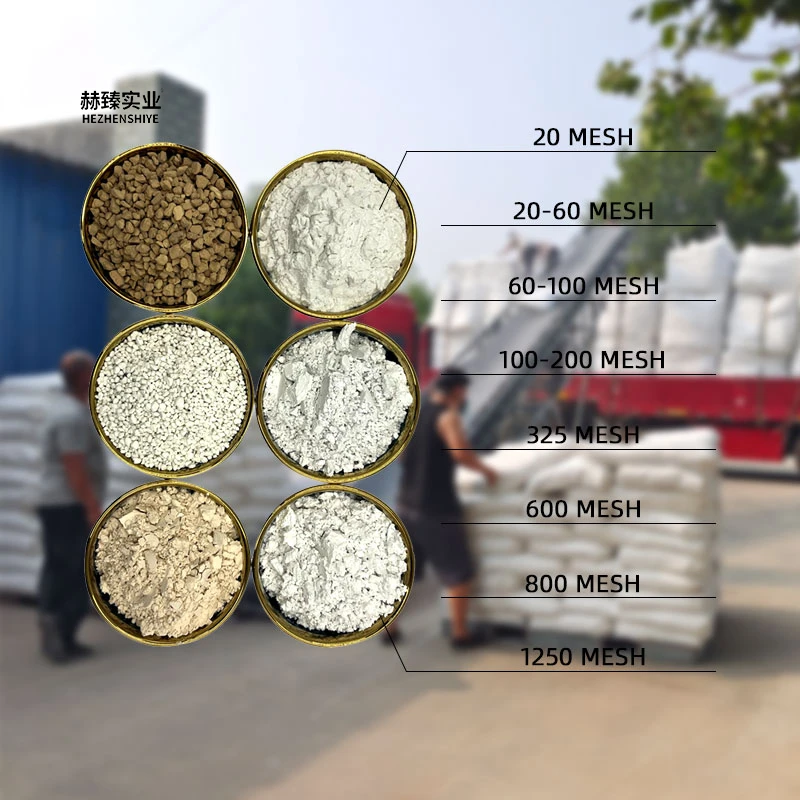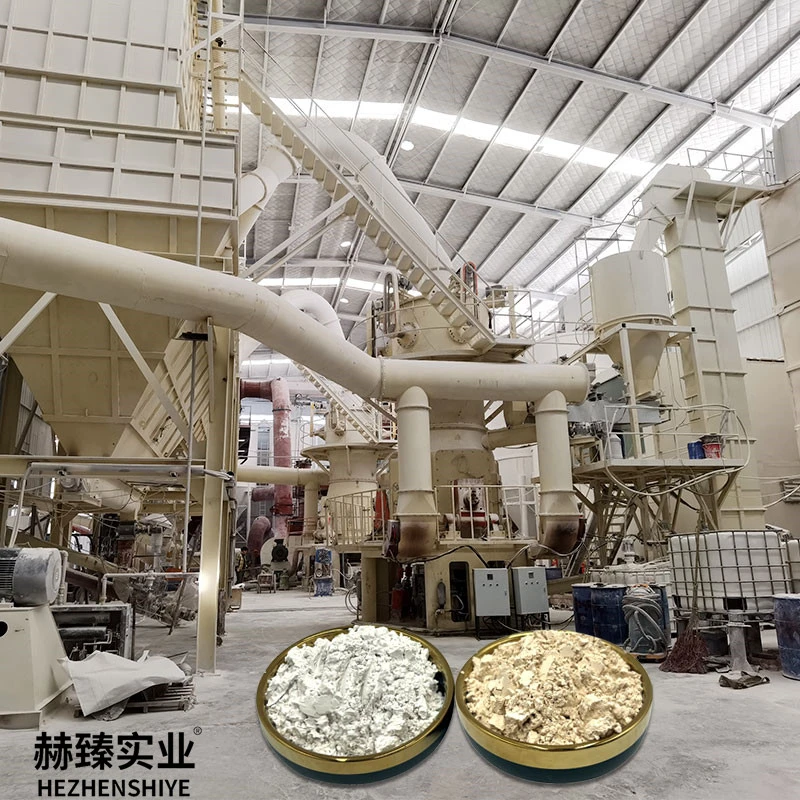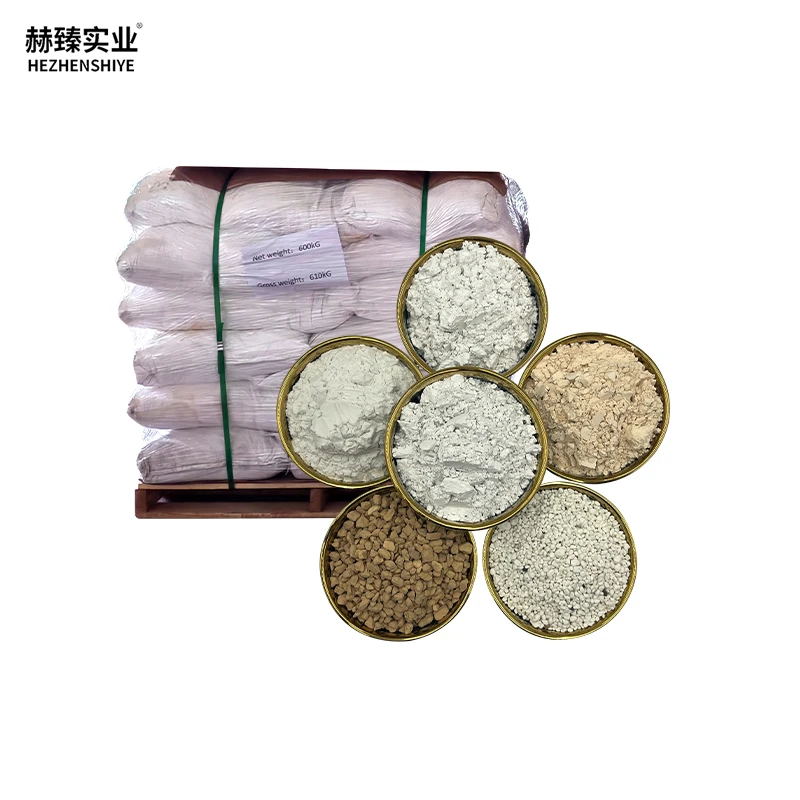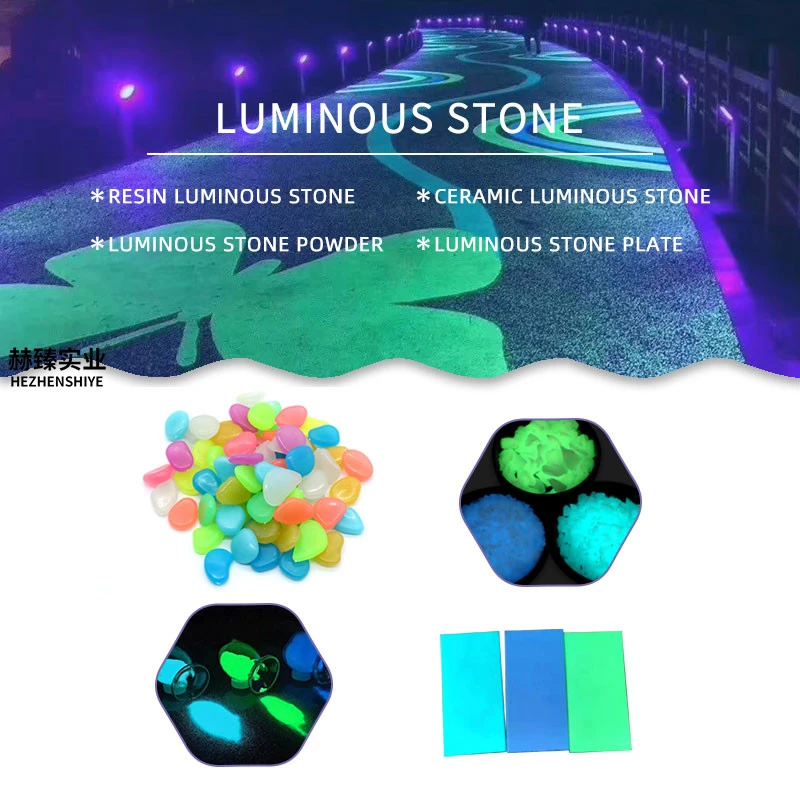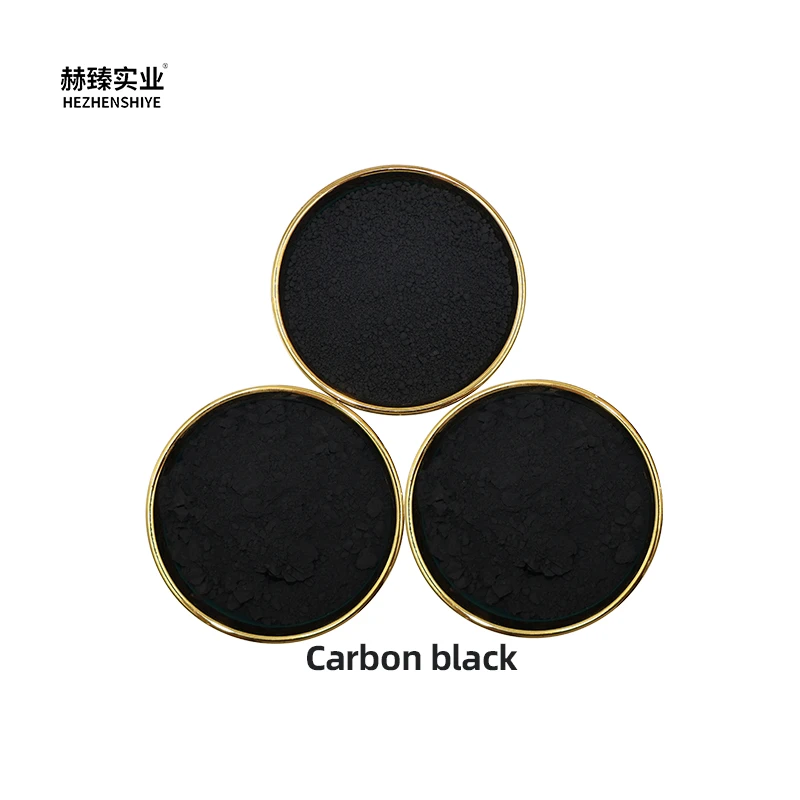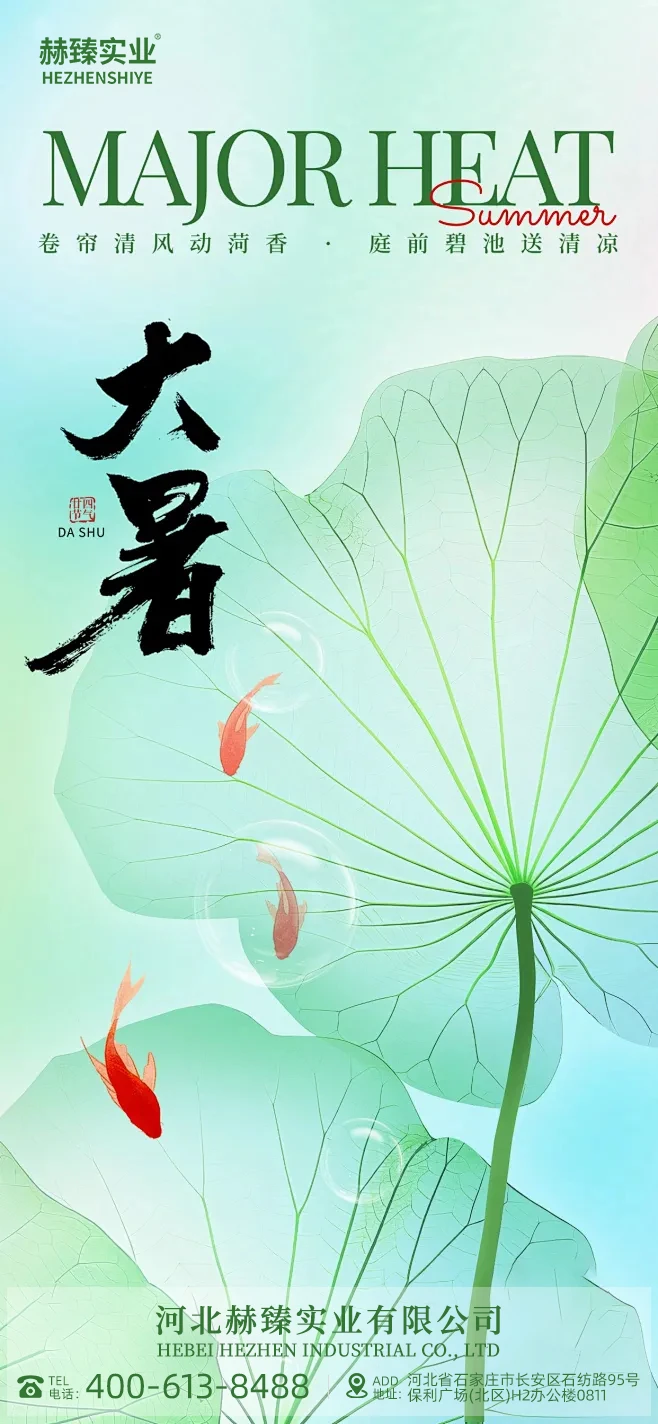Diatomaceous Earth is a naturally occurring, highly versatile substance that has gained popularity for its wide range of applications, from pest control to industrial uses. Composed of the fossilized remains of diatoms, a type of microscopic algae, Diatomaceous Earth is rich in silica and has a fine, powdery texture. This eco-friendly product is known for its abrasive properties, which make it an effective and non-toxic solution for insect control by dehydrating pests, such as ants, bed bugs, fleas, and cockroaches, without posing a threat to humans or pets. In agriculture, Diatomaceous Earth is often used as a natural soil conditioner, improving water retention and aeration while also helping to repel insects. Beyond pest control, it also serves as a filtering agent in industries like food processing, brewing, and water purification, due to its porous structure that can effectively trap particles. In the world of personal care, Diatomaceous Earth is incorporated into products like toothpaste, facial scrubs, and exfoliants, thanks to its gentle abrasive quality and ability to remove dead skin cells without causing irritation. Its high silica content also supports healthy hair, skin, and nails. Furthermore, Diatomaceous Earth is a key ingredient in many industrial applications, where it functions as a mild abrasive, a deodorizer, or even as a thermal insulator. With its non-toxic, environmentally friendly, and multipurpose nature, Diatomaceous Earth is a must-have product for those seeking sustainable and effective solutions across a variety of industries, from agriculture to health and wellness.
Diatomite Powder Advantages
-
1.Porous structure+READ MOREDiatomite surface is full of a large number of orderly arranged micropores, these micropores make it have excellent adsorption capacity and permeability, can be used in water treatment, air purification and other fields.
-
2.Chemical stability+READ MOREDiatomite chemical stability, not easy to react with other substances, so in the process of use can keep its performance stable for a long time.
-
3.Light and high strength+READ MOREDiatomaceous earth is light in texture, but has high strength, making it the preferred material in construction, insulation and other fields.
-
4.Thermal insulation+READ MOREDiatomite has good thermal insulation performance, can be used to make wall materials, floor filling materials, etc., improve the energy efficiency of buildings.
-
5.Adjust humidity+READ MOREDiatomite can absorb and release water, naturally adjust indoor humidity, help to create a comfortable living environment.
Exploring the Versatile Uses of Diatomaceous Earth: A Natural Solution for Various Industries
Diatomaceous Earth (DE) is a naturally occurring, fine powder made from the fossilized remains of diatoms—microscopic algae with silica-rich cell walls. This versatile substance has a wide array of applications across industries, making it a go-to eco-friendly solution for everything from pest control to industrial processes. The benefits of Diatomaceous Earth are vast, thanks to its unique physical properties, including its abrasive texture, high porosity, and ability to absorb moisture.
One of the most common uses of Diatomaceous Earth is as a natural insecticide. DE works by dehydrating insects that come into contact with it, causing them to die without the use of harmful chemicals. This makes it an excellent solution for homeowners seeking non-toxic alternatives for pest control, especially for ants, fleas, bed bugs, and cockroaches. It can be sprinkled around the home, in gardens, or directly on pet bedding to effectively eliminate pests.
In agriculture, Diatomaceous Earth serves as a natural soil conditioner. Its porous nature improves soil aeration, drainage, and water retention, promoting healthier plant growth. Additionally, DE acts as a natural insect repellent in gardens, preventing pests from damaging crops without relying on synthetic chemicals. It can be applied directly to plants or soil to provide long-lasting protection.
Diatomaceous Earth is also commonly used in the food and beverage industry as a filtering agent. Due to its fine particle size and porous structure, DE is ideal for filtering liquids such as beer, wine, and juices, as well as for clarifying water. It is also used in personal care products like toothpaste, facial scrubs, and deodorants, thanks to its gentle exfoliating properties and ability to absorb odors.
The Benefits of Diatomaceous Clay: A Natural and Multifunctional Wonder
Diatomaceous clay, often referred to as diatomaceous earth (DE), is a natural, versatile material that offers a range of benefits across various industries, from agriculture to personal care. Derived from the fossilized remains of diatoms—microscopic algae with silica-rich cell walls—diatomaceous clay is a unique substance prized for its numerous practical uses, ecological safety, and health benefits.
One of the key advantages of diatomaceous clay is its natural pest control properties. As a non-toxic insecticide, diatomaceous clay works by mechanically dehydrating insects that come into contact with it, causing them to die. It is effective against pests like ants, fleas, bed bugs, cockroaches, and other crawling insects. Because it is chemical-free, diatomaceous clay offers a safer alternative to synthetic pesticides, making it ideal for homes with children, pets, and organic gardens.
In the realm of agriculture, diatomaceous clay serves as an excellent soil conditioner. Its high porosity improves soil aeration, water retention, and drainage, promoting healthier plant growth. Additionally, DE acts as a natural repellent for soil-borne pests and fungi, helping to protect crops without harmful chemicals. It can be sprinkled over garden beds or mixed into the soil to enhance plant vitality and pest resistance.
Diatomaceous clay also boasts impressive health and beauty benefits. Its fine texture makes it a gentle exfoliant, often used in facial scrubs, soaps, and body washes to remove dead skin cells and unclog pores. The clay’s absorbent qualities help balance oily skin, reducing acne and promoting a clearer complexion. Furthermore, due to its high silica content, diatomaceous clay is believed to support hair, skin, and nail health by strengthening and rejuvenating these tissues.
-
01
-
02
-
03





 Banner PDF
Banner PDF Get A Quote
Get A Quote